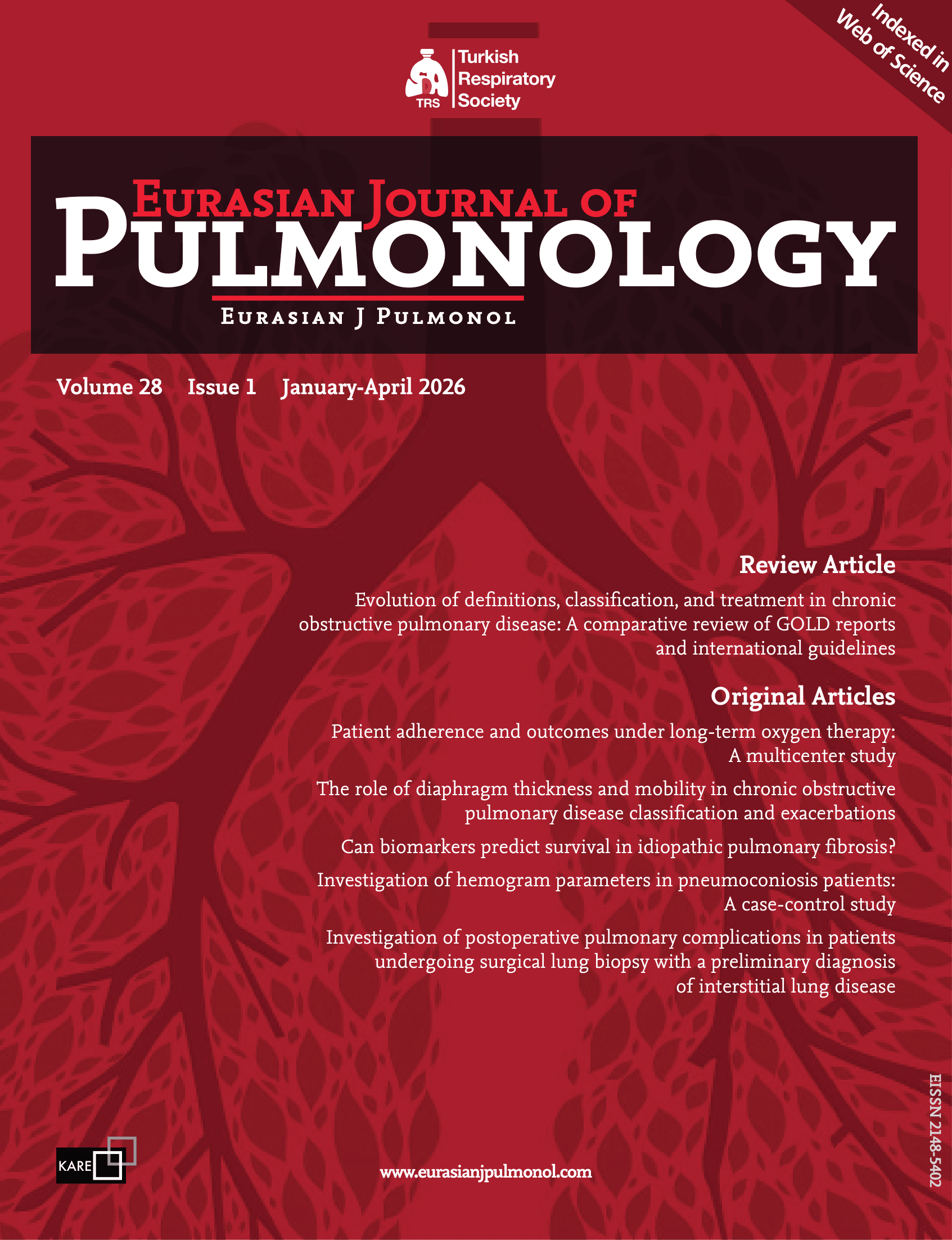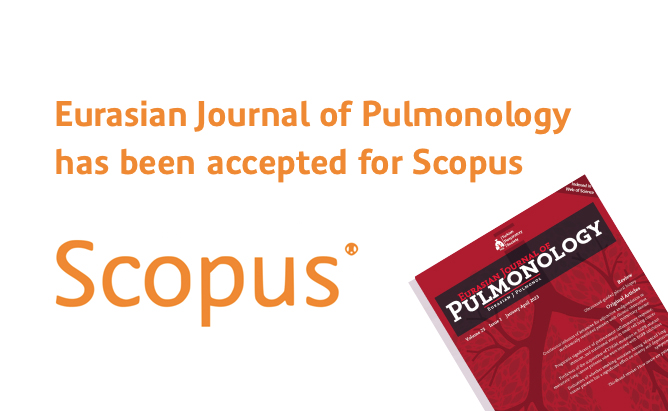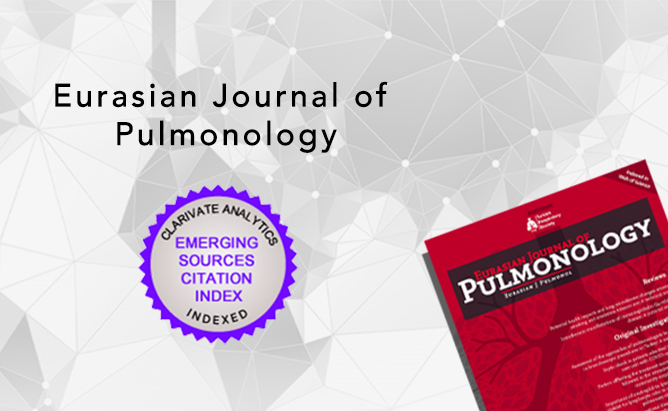2Division of Immunology and Allergic Diseases, Department of Chest Diseases, Istanbul University-Cerrahpasa, Cerrahpasa Faculty of Medicine, Istanbul, Türkiye
3Department of Chest Diseases, Çanakkale Onsekiz Mart University, Çanakkale, Türkiye
Abstract
BACKGROUND AND AIM: Biologics can be used safely for patients with severe asthma during the coronavirus pandemic, but there is still a lack of information regarding their effects during SARS-CoV-2 infection. The aim of this study was to evaluate the impact of biologic therapies on the course of SARS-CoV-2 infection and to assess the outcome of COVID-19 for severe asthmatics in pandemic conditions.
METHODS: A total of 100 severe asthma patients treated with biologics (7 treated with dupilumab, 22 with mepolizumab, and 71 with omalizumab) were included. Patients’ demographic, clinical, and laboratory findings as well as the course of the COVID-19 disease were evaluated.
RESULTS: Of the total 100 patients, 15% of patients were diagnosed with COVID-19. There were no significant differences between SARS-CoV-2 positive and negative patient groups in terms of demographic features, atopy, comorbidity, duration of asthma, and duration of biological use. The body mass index (BMI) was higher in the SARS-CoV-2 negative group than the positive group (p=0.005). Asthma exacerbation during COVID-19 was observed in 3 patients, and only 2 were hospitalized for 5 days. SARS-CoV-2 positive group exhibited lower eosinophil and lymphocyte levels when infected with COVID-19 than before COVID-19 (p=0.01 and p=0.0009 respectively).
CONCLUSIONS: The rate of COVID-19 infection was higher in patients with severe asthma receiving biologics than in the general population. However, it can be speculated that treatment with biologics may have protection against severe COVID-19 and mortality. Further studies are required to investigate the role of biologic agents, which affect the level and function of eosinophils in viral infections, especially SARS-CoV-2.




 Şengül Beyaz1
Şengül Beyaz1 




